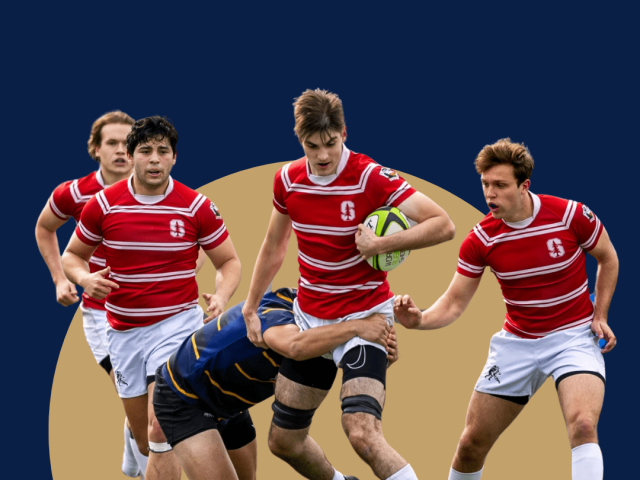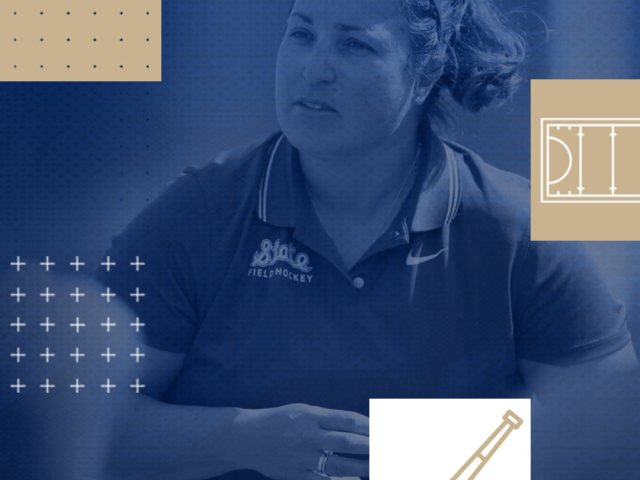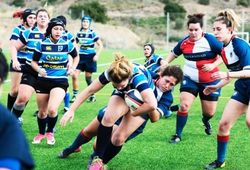Our Managing Director, Paul Goodwin is also a director at Stirling Albion Football Club, and was featured in an article in the Scottish Herald this week:
A year at the heart of their club, in their community
19 Jul 2011
IT seems peculiar and disheartening that in a country with such a rich history of people fighting for their right for self-determination – think Bannockburn, the Covenanters and Red Clydeside – the overwhelming majority of supporters of clubs up and down Scotland have no direct say in the running of those sporting and community institutions.
The idea of fan-ownership of clubs is nothing new; the 170,000 socios at Barcelona determine the future of the Catalan club through democratic elections, most Bundesliga sides have the supporters of the club as majority shareholders, around half of the teams in the Irish League are completely owned by fans, while closer to home St Mirren are working to set up a similar system of ownership.
The Paisley side are not the first in Scotland to pursue such an ambition. Stirling Albion – who last July became the first, and so far only, Scottish club to be owned entirely by their supporters – and Cliftonville, from Northern Ireland, competed in a specially arranged ‘fan-owned’ match for the Ladbrokes Cup at the weekend. Cliftonville secured a 3-2 victory to retain the trophy they won last year in a game with FC United of Manchester.
Some 2300 people make up the Stirling Albion Supporters Trust, under the adopted club motto of ‘Real Football for Real Fans’, with the innovative community scheme asking members, who famously include Cristiano Ronaldo, Andy Murray and his brother Jamie, to purchase a £45 stake in return for a direct say in how the club is run.
“If you’re up for election then members can say ‘we’re not going to vote for you’,” said Paul Goodwin, a director at the club. “That’s the power of democracy. We’ve always believed the club should play a greater role in the Stirling community. How do you define community? Well, before, we had never been in a school, never been involved with a charity because we were owned by an 83-year-old man [former owner Peter McKenzie] who didn’t have the energy to do those kinds of things.”
Now, the club are heavily involved with various local and national charities and also have 13 marketing students from the University of Stirling who contribute to each matchday programme. “It’s an essential part of our club,” added Goodwin. “What product do you know wouldn’t want to go out to their community and work with them?”
Fellow Stirling fan and Trust member David Ogilvie also endorsed the system. “Being involved with the Trust certainly makes you more inclined to volunteer, and you are more aware of the financial aspects of things at the club,” he said.
The Trust believe that the negative aspects of their fan-owned scheme, such as having to be overtly-transparent and the time-consuming practice of communicating to each and every member, are outweighed by the realisation that they, collectively, have the responsibility for their football club in their hands.
The idea of fan-ownership of clubs is nothing new; the 170,000 socios at Barcelona determine the future of the Catalan club through democratic elections, most Bundesliga sides have the supporters of the club as majority shareholders, around half of the teams in the Irish League are completely owned by fans, while closer to home St Mirren are working to set up a similar system of ownership.
The Paisley side are not the first in Scotland to pursue such an ambition. Stirling Albion – who last July became the first, and so far only, Scottish club to be owned entirely by their supporters – and Cliftonville, from Northern Ireland, competed in a specially arranged ‘fan-owned’ match for the Ladbrokes Cup at the weekend. Cliftonville secured a 3-2 victory to retain the trophy they won last year in a game with FC United of Manchester.
Some 2300 people make up the Stirling Albion Supporters Trust, under the adopted club motto of ‘Real Football for Real Fans’, with the innovative community scheme asking members, who famously include Cristiano Ronaldo, Andy Murray and his brother Jamie, to purchase a £45 stake in return for a direct say in how the club is run.
“If you’re up for election then members can say ‘we’re not going to vote for you’,” said Paul Goodwin, a director at the club. “That’s the power of democracy. We’ve always believed the club should play a greater role in the Stirling community. How do you define community? Well, before, we had never been in a school, never been involved with a charity because we were owned by an 83-year-old man [former owner Peter McKenzie] who didn’t have the energy to do those kinds of things.”
Now, the club are heavily involved with various local and national charities and also have 13 marketing students from the University of Stirling who contribute to each matchday programme. “It’s an essential part of our club,” added Goodwin. “What product do you know wouldn’t want to go out to their community and work with them?”
Fellow Stirling fan and Trust member David Ogilvie also endorsed the system. “Being involved with the Trust certainly makes you more inclined to volunteer, and you are more aware of the financial aspects of things at the club,” he said.
The Trust believe that the negative aspects of their fan-owned scheme, such as having to be overtly-transparent and the time-consuming practice of communicating to each and every member, are outweighed by the realisation that they, collectively, have the responsibility for their football club in their hands.
It is a view shared by Cliftonville treasurer Stephen McKillop. “We are the oldest club in Ireland, formed in 1879,” said McKillop. “We are a members club and always have been. If an Arab billionaire came along and offered us money, we’d say ‘fine, but you have to become a member and be elected chairman’. We’re happy with that and proud of that.”




